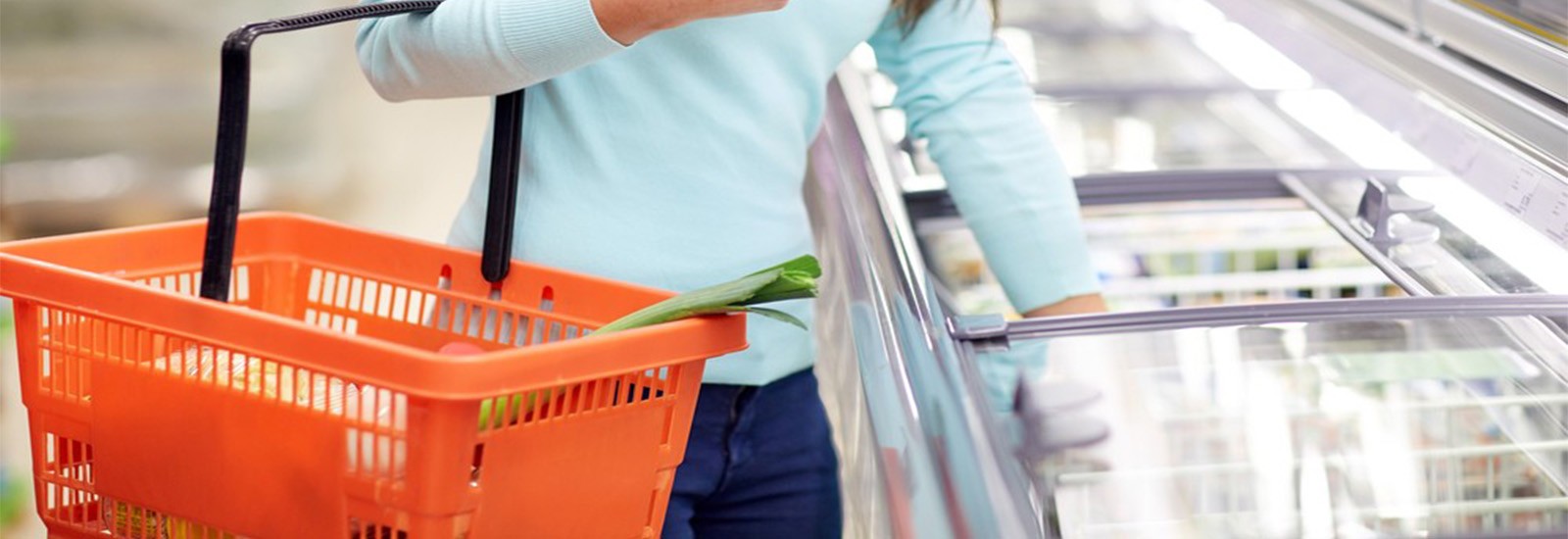The quest to keep plastic out of landfills and simultaneously satisfy the needs of the food industry is filled with obstacles.
A biodegradable replacement for petroleum-based products has to meet all sorts of standards and, so far, attempts at viable replacements from renewable sources have faced limited success due to processing and economic constraints. Among the obstacles, products to date have been too brittle for food packaging.
But new research from The Ohio State University has shown that combining natural rubber with bioplastic in a novel way results in a much stronger replacement for plastic, one that is already capturing the interest of companies looking to shrink their environmental footprints.
Almost all plastics – about 90 percent – are petroleum-based and are not biodegradable, a major environmental concern.
In a new study published in the journal Polymers, the research team reports success with a rubber-toughened product derived from microbial fermentation that they say could perform like conventional plastic. This new study highlights the greatest success in this area so far, according to the scientists.
“Previous attempts at this combination were unsuccessful because the softness of the rubber meant the product lost a lot of strength in the process,” said lead author Xiaoying Zhao, a postdoctoral researcher in Ohio State’s Department of Food Science and Technology.
Learn new ways plastics are being switched with natural rubber combined with a bioplastic.
